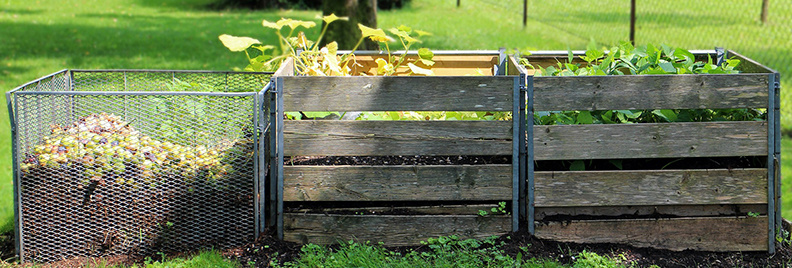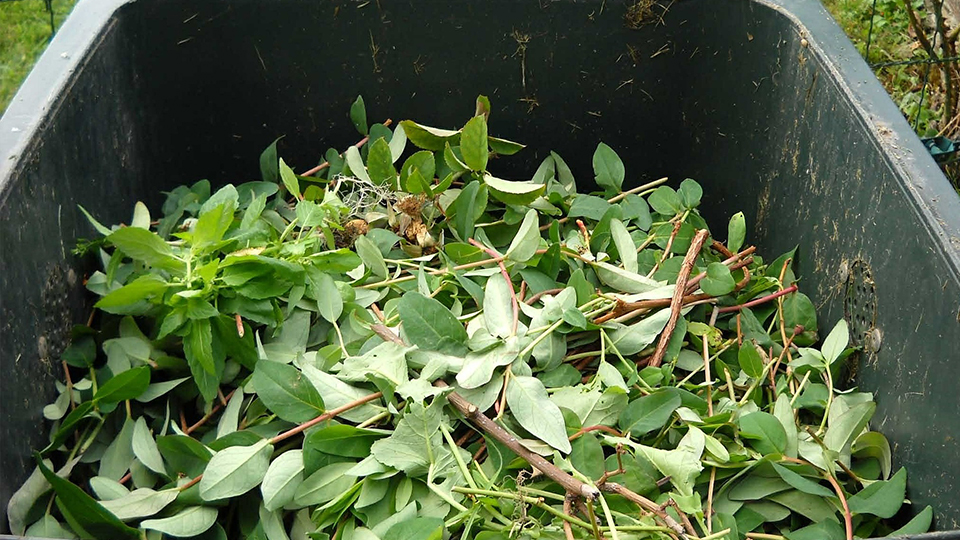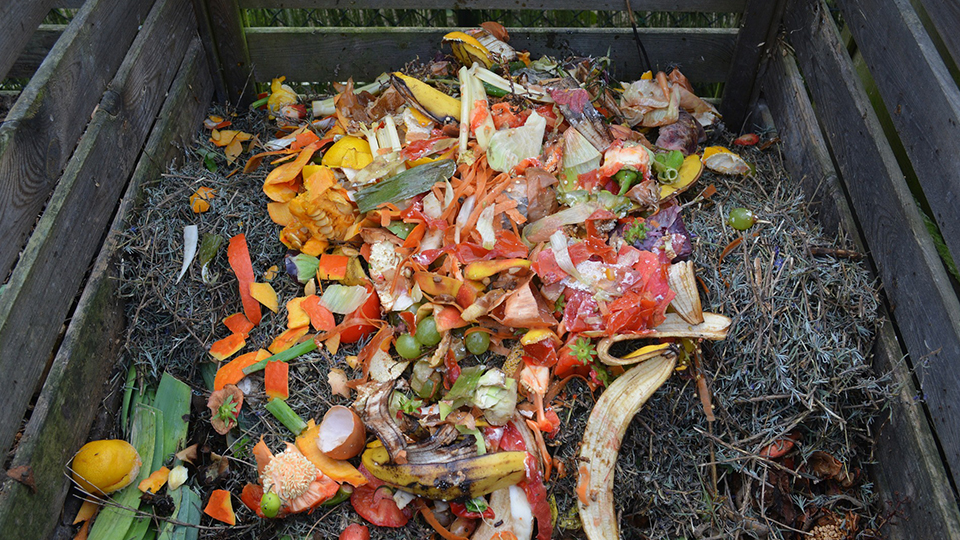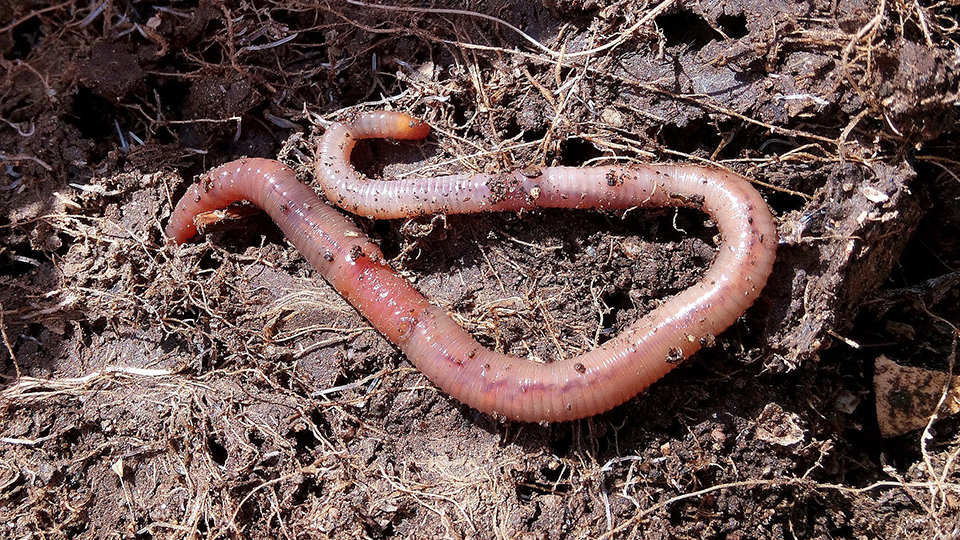
Composting for Beginners
The Benefits of Making Organic Compost
Composting might sound like a bit of a daunting task for beginners at first. You’ve probably heard mention of bacteria, garbage, and …eek…worms, which may not exactly sound like your idea of fun. But composting is actually pretty easy and requires very little effort— nature does most of the work for you! There are a few different methods of composting (and they don’t all include worms), but all of them result in the production of a natural, bacteria-rich soil supplement that helps feed our plants and balance soil flora.

The Benefits of Making Organic Compost
Not only is composting great for your garden, but it’s great for the environment, and our city of Houston. You can reduce your total household waste by up to 50% by setting up a composting bin in the yard, eliminating a massive amount of waste that would have ended up in a local landfill. Less garbage left in landfills means less CO2 released into the atmosphere—a major contributor of climate change.
Composting can save you money, too. By creating your own organic material to amend your soil and improve drainage, you can skip buying the store-bought stuff, and you’ll have a healthier, more successful garden overall. Composting can help your fruit and vegetable plants to produce better yields, so that’s more food on the table!

What is Compostable Waste?
Not all garbage is biodegradable or safe to include in your compost bin. We put together this handy cheat sheet for beginners, so you know what’s okay to toss in the bin, and what needs to stay out.
Liquid Tiger Bloom 2-8-4 fertilizer is ideal for hanging baskets. Mix 2 teaspoons of fertilizer in a gallon of water and pour it into the soil of your hanging baskets until it starts to drain out through the bottom. Repeat every 2 weeks, and your baskets will be growing faster than a juiced-up bodybuilder.
You can compost…
- Fruit and vegetable scraps
- Grass clippings
- Black and white newspaper
- Cardboard
- Herbivore animal waste (like hamster or rabbit droppings)
- Spoiled almond or soy milks
- Coffee grounds
- Crushed eggshells
- Stale bread (but bury it deeply so pests stay out)- Cooked pasta or rice (same as the bread— bury it down!)
You can’t compost…
- Meat
- Dairy products
- Citrus peels (the acidity is too high and can kill the good bacteria)
- Fats and oils
- Paper dyed or printed with color ink
- Bones
- Ash
- Diseased plant material or yard debris
- Yard trimmings treated with pesticides
- Meat-eating animal waste (like dogs or cats.)
- Non-biodegradables like metal, plastic or glass
- Weeds
- Black walnut leaves


Composting Methods
There are three main types of composting: aerobic, anaerobic, and vermicomposting. None of them are overly complicated, so they’re all pretty suitable for beginners. We’ve broken down the pros and cons of each so you can get a sense of which method works best for you.
Aerobic Composting:
This form of composting requires some air circulation to help speed up the decomposition process. You’ll have to mix up the compost every couple of days, but you can purchase a compost bin with a built-in tumbler to make it easier. Adding some extra moisture with a water hose every once in a while will also help to keep things breaking down properly.
Anaerobic Composting:
With anaerobic composting, there’s no air circulation involved, so things break down slower, but there’s very minimal effort required on your end. You just toss the trash in the bin and let it do its thing. One downside is that it can get a bit stinky, so you might want to keep an anaerobic compost bin at the far end of your yard away from the patio. Nobody wants to be huffing compost fumes at your garden party!
Vermicomposting:
Okay, so this is the one with worms. But honestly, if you can get past the worm part, this is one of the least icky forms of composting! The worms do pretty much all the work, and will significantly reduce odor and methane production— so much so, you can even set it up indoors. Many vermicomposting bins are equipped with a pull-out tray so you can access the fertilizer without having to dig through any worms. And hey— if you’re into fishing, you’ve got an endless supply of bait!
Sunny patios lined with vivid, colorful hanging baskets are one of the hallmarks of summer. Nothing brightens up the mood like the vibrant, natural beauty of summer flowers. Keeping them looking picture perfect really isn’t too difficult (after all, they’re a lot less high-maintenance than Beyoncé). Visit us at our location in Houston to see our gorgeous collection of hanging baskets, and all the supplies you’ll need to keep them looking fabulous.
